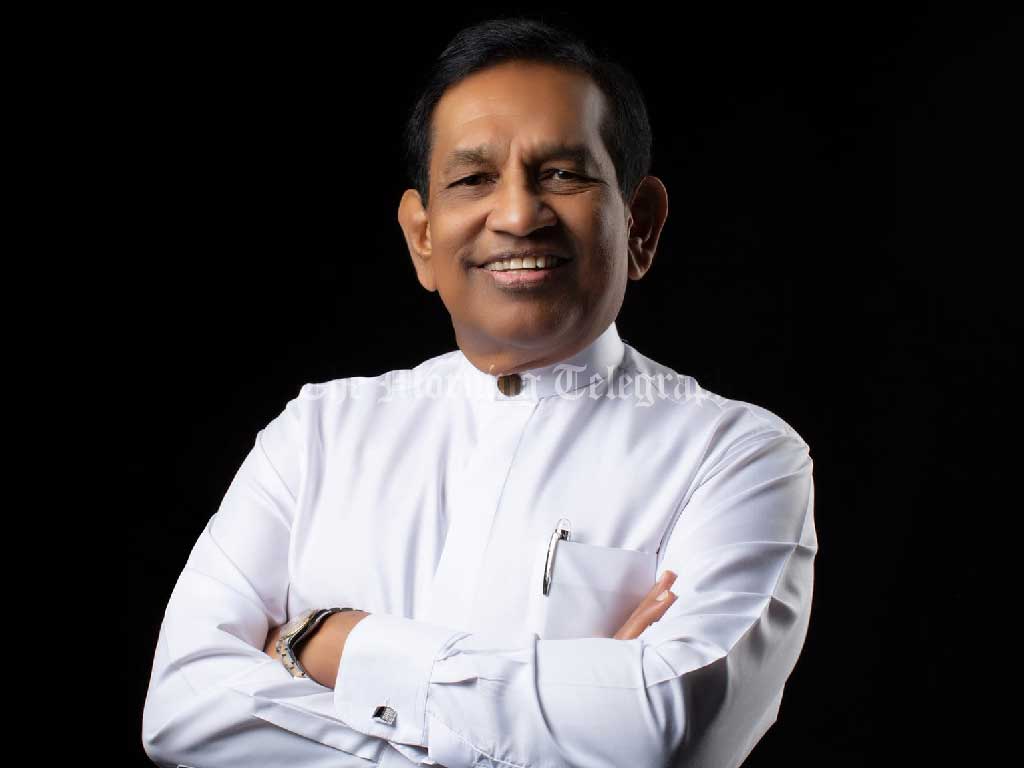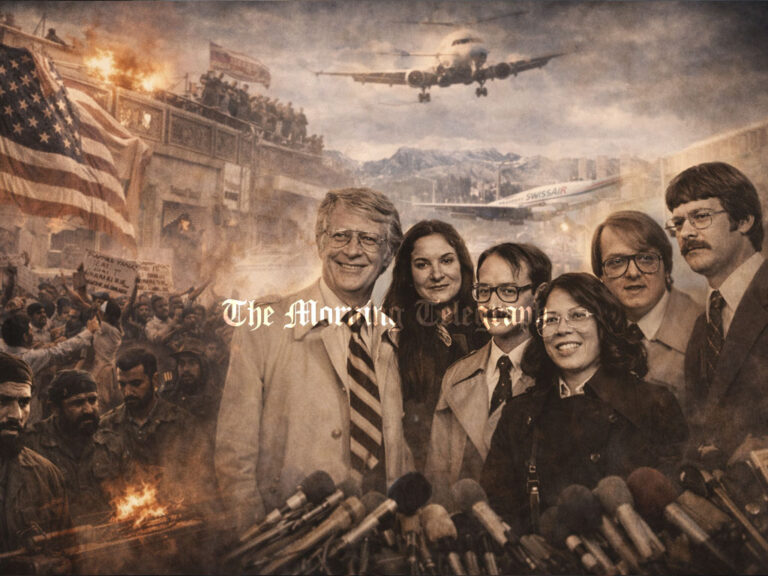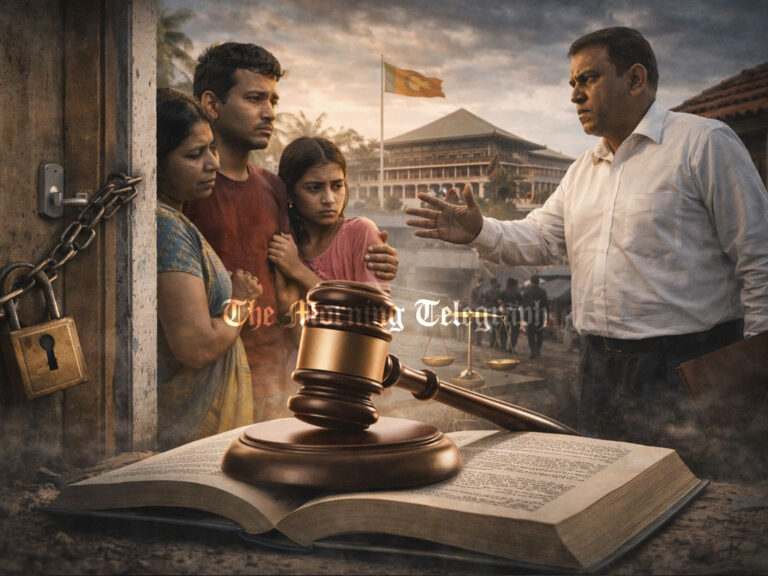
In a significant legal development, the Colombo High Court on November 29, 2024, acquitted former Minister Rajitha Senaratne and Mohamed Rumi, the former Chairman of the State Pharmaceuticals Corporation, in connection with the controversial white van incident case. The court, presided over by Judge Sujeewa Nissanka, delivered its judgment after a protracted hearing, ordering the acquittal and release of both defendants without calling for their defense.
The case revolved around a media conference held on November 10, 2019, where the two defendants were accused of making statements that falsely linked the Sri Lankan government and then-presidential candidate Gotabaya Rajapaksa to the abduction of individuals in white vans, a term that became associated with alleged extrajudicial disappearances during the country’s political unrest. The media briefing, which Senaratne and Rumi participated in, was seen as an attempt to tarnish Gotabaya Rajapaksa’s image ahead of the 2019 presidential election.
Senaratne and Rumi were charged under the Penal Code for fabricating false evidence, with the alleged intent of harming Rajapaksa’s candidacy and influencing the results of the presidential election. The charges suggested that the statements made during the conference could have impacted public perception and swayed voters during a politically charged election period. The allegations were viewed as part of a broader attempt to discredit the Rajapaksa family, which had been a dominant political force in Sri Lanka.
However, following a detailed review of the evidence, the court ruled that the prosecution had failed to substantiate the charges, leading to the acquittal of the two defendants. In her ruling, Judge Nissanka highlighted that the burden of proof was not met, and there was no compelling evidence to demonstrate that the accused had intentionally fabricated evidence to influence the election.
The case had drawn significant attention, given the high-profile nature of the political figures involved, and the broader implications it had for the credibility of the 2019 presidential election. While the Opposition had accused the Sri Lankan government of using the media conference to tarnish the reputation of Rajapaksa, the court’s decision has now cleared the accused of any wrongdoing.
The acquittal of Senaratne and Rumi marks the end of a legal battle that had lasted for several years. Both men had consistently denied the charges, and their supporters have argued that the case was politically motivated. Rajitha Senaratne, a prominent figure in Sri Lankan politics, had previously served as a minister in the Maithripala Sirisena government and was a vocal critic of the Rajapaksa regime.
This verdict also raises questions about the use of media and political influence during elections in Sri Lanka, highlighting the ongoing tensions within the country’s political landscape.




